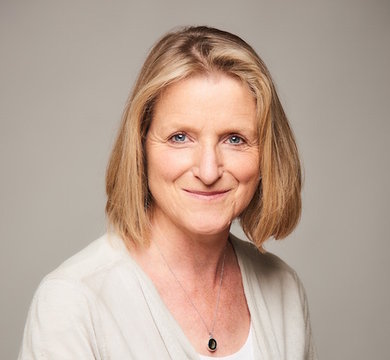About Joanna Head
I am an experienced counsellor and worked for the NHS for a number of years before leaving to concentrate on my private practice. I have a Post Graduate Diploma in Humanistic Counselling, and specialist training in working with bereavement, depression and couples therapy. My belief is that everyone’s needs are unique when they seek counselling, and I draw on the full range of my therapeutic experience in order to provide counselling that is specifically designed for you. Over the years I have worked with people with a wide range of problems including anxiety, relationship difficulties, depression, abuse, bereavement and loss.
My former career was in the media, where I worked for more than 20 years as a documentary film director for the BBC, Channel 4 and HBO. I worked with people from many different cultures and backgrounds and my films often focused on people in situations of considerable psychological and emotional distress and struggle. These experiences led me towards counselling as I saw at first hand how giving people the opportunity to share their stories, thoughts and feelings with a supportive and non-judgemental listener is the first step in a powerfully healing experience.
My experience in the media industry has given me an understanding of the challenges of a pressured workplace, the difficulty of maintaining a work-life balance and particularly the stresses involved in working in a creative environment.
I am an Accredited member of the British Association for Counselling and Psychotherapy (BACP), and I abide by their ethical guidelines and standards in all my work. www.bacp.co.uk/ethical_framework
My approach
As an integrative humanistic counselor. I believe people are born with the potential and resources to overcome their problems but that life experiences block or damage these abilities. My approach is to encourage client self-awareness and identify their own resources and strengths in order to have a better relationship with themselves and others, and manage present and future difficulties more effectively.
The schools of thoughts that inform my practice include attachment theory, existential/humanistic approaches such as Transactional Analysis (TA), Emotionally Focused Therapy (EFT) and trauma theory. I also use EMDR (Eye Movement Desensitization Reprogramming) and techniques based on CBT and Mindfulness in my work, if and when appropriate.
